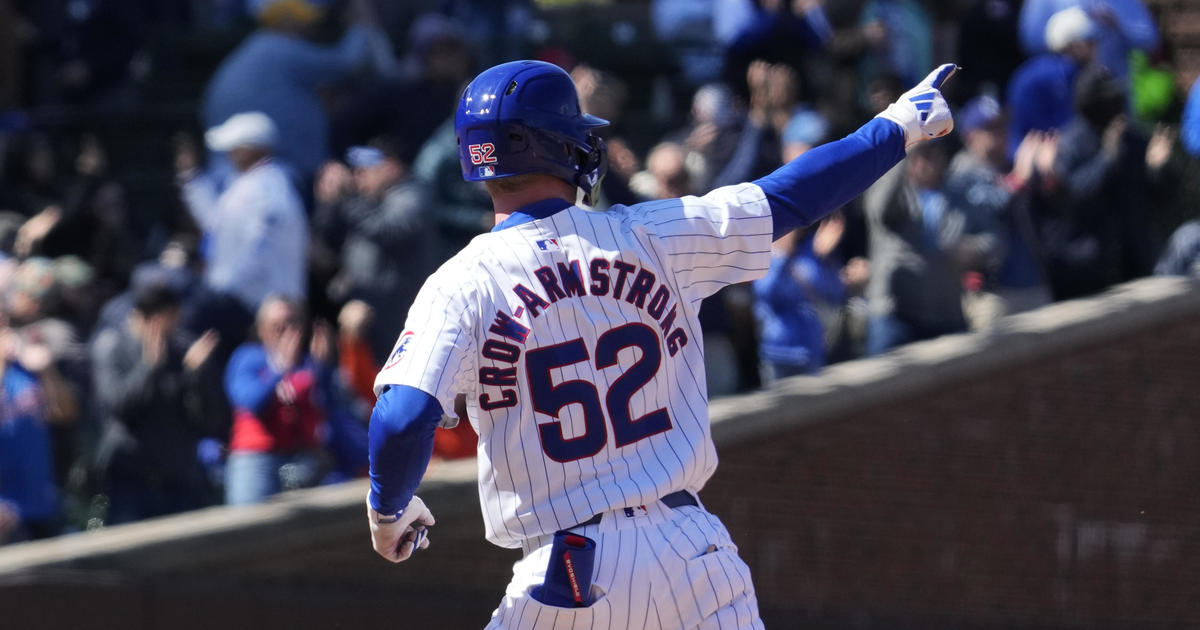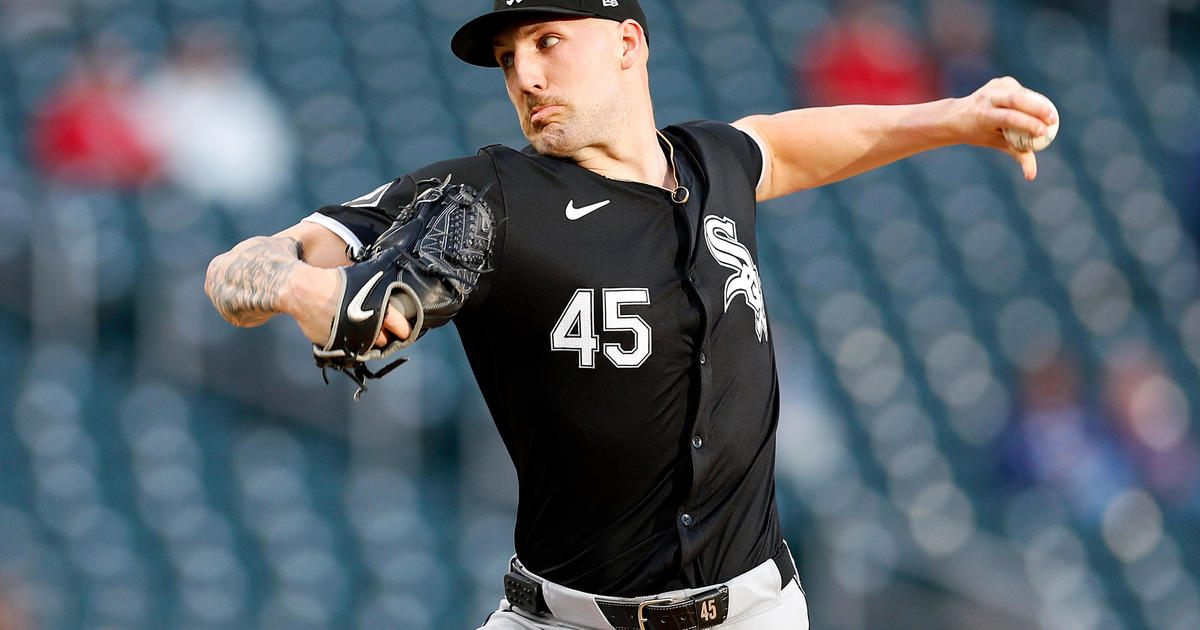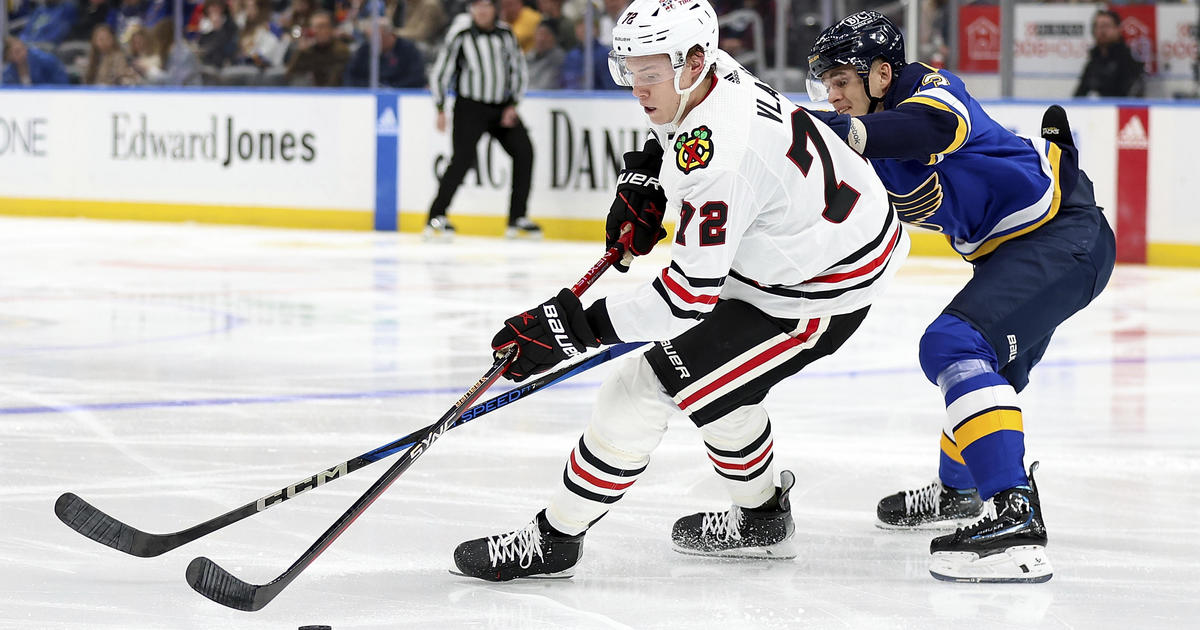Camp: The Case For 1-16 Format In NBA Playoffs
By Rick Camp--
(670 The Score) Another All-Star Game has passed and with it has come praise for NBA commissioner Adam Silver being willing and open-minded about considering changes to a thriving sport.
There are a handful of issues facing the league, including some pushback on the NBA Finals matchup becoming predictable and teams' habit of resting players in a long 82-game regular season. Those can be addressed with a couple key changes, which I'm a fan of.
Here they are:
1) Go to a true 1-16 playoff format
Basics: NBA conferences disappear, the 16 best records get into the playoffs and the eight best records get home-court advantage in the first round. Reseeding then occurs after each round.
This is a change that makes a ton of sense. The NBA in't a local or regional sport, so to live by archaic tradition and rules that Silver isn't married to seems dumb. In the last 15 years, only three times have the top 16 teams by record made it into the playoffs under the current format. The West has lost out of having an extra team 11 times and the East once.
If it was the Knicks, Bulls or Celtics losing out on a playoff spot regularly, perhaps the TV networks would've pushed for this issue to be dealt with by now. Instead, it's the likes of the Jazz, Rockets, Timberwolves or Blazers losing out, and we don't hear that much of an outcry.
If the NBA operated under the 1-16 format for the last 15 years, 55 percent of the playoff teams would hail from the West, and 64 percent of those would garner home-court advantage in the first round. The NBA has never been the league you watch for the Cinderella story, so it makes sense to have the 16 best teams in the playoffs.
Reseeding each round also has value in that it will incentivize teams to perform in the regular season, knowing that if there's an upset, they can get a better playoff matchup.
If the season ended today, the 1-16 playoff matchups would be as follows:
Rockets-Clippers,
Warriors-Pelicans
Raptors-76ers
Celtics-Blazers
Cavaliers-Nuggets
Spurs-Thunder
Timberwolves-Bucks
Wizards-Pacers
There would be three crossover matchups, based on we define the current conferences.
Silver is open to this idea of change, though he also acknowledged the refrain from the critics -- the possibility for extended travel.
"The obstacle is travel, and it's not tradition in my mind," Silver told reporters. "It's that as we've added an extra week to the regular season, as we've tried to reduce the number of back-to-backs, that we are concerned about teams criss-crossing the country in the first round, for example. We are just concerned about the overall travel that we would have in the top 16 teams."
How valid are the travel concerns? Since the 2008-'09 season (when the Sonics moved to Oklahoma City to become the Thunder), the average distance between playoff cities in the East is 659.6 miles and 877.3 miles in the West. It's not surprising that the Western Conference teams have had more mileage to cover, but to act like the travel involved with a 1-16 format isn't feasible rings hollow.
In a first-round matchup in 2015, the Warriors and Pelicans had 1,903 miles between them. That's 645 miles farther than the longest possible Eastern Conference matchup (Boston-Miami).
The average NBA Finals matchup since 2008-'09 has had 1,767 miles between teams. Both teams to seem have survived each time, and I don't remember much conversation about the effect of the long travel.
Of course, to mitigate some of the travel concern in the 1-16 format, another change could be made to help logistics and keep players' health in mind...
2) Shorten the NBA season to 71 games
Basics: A team plays its four division opponents four times apiece for a total of 16 games. The team then plays the five foes who finished in the same spot in the other five divisions (first place vs. first place, i.e) three times apiece for 15 more games. That leaves 20 other foes for a team to play twice apiece for the other 40 games on its schedule.
Before dismissing this reduced schedule out of hand, remember what Silver told USA Today before the start of this season.
"There's nothing magical about 82 games," he said. "It's been in place for 50 years, but for the long-term planning of the league as we learn more about the human body and the wear and tear of travel and the competitive landscape … invariably we'll look at the regular season."
So you're telling me there's a chance?
Often, 66 games has been brought up, probably because it was used in the lockout year. But in trying to be as realistic as possible with what the league would be willing to stomach in lost games, 71 games cuts 13.4 percent off the regular season. That would make every game more meaningful toward the playoffs and seeding.
If the current NBA season ended today with this model, the Bulls would play the Nets, Hawks, Suns, Mavericks and Jazz an extra time.
How would this 71-game schedule aid the 1-16 format? The NBA usually hits game 71 mark around March 20. Its season is set to end April 11 this season. That gives 22 extra days to play with, which the NBA could use in a variety of ways...
A) Start the regular season a bit later to avoid the overlap with the NFL.
B) Further reduce back-to-backs and three-games-in-four-nights even more during the regular season.
C) Add a few off days during the playoffs to provide more rest with the added travel miles.
After the star exodus to the West and the All-Star Game going away from the East-West format, 1-16 makes more sense than ever before for the league. There are plenty of hurdles to make this happen, but if there's a league to make such a drastic change, the NBA would be it.
Rick Camp is a producer for the Spiegel and Parkins Show on 670 The Score. Follow him on Twitter @RickCamp670.



